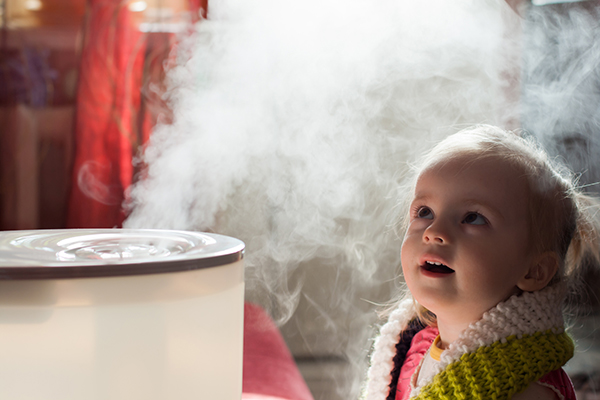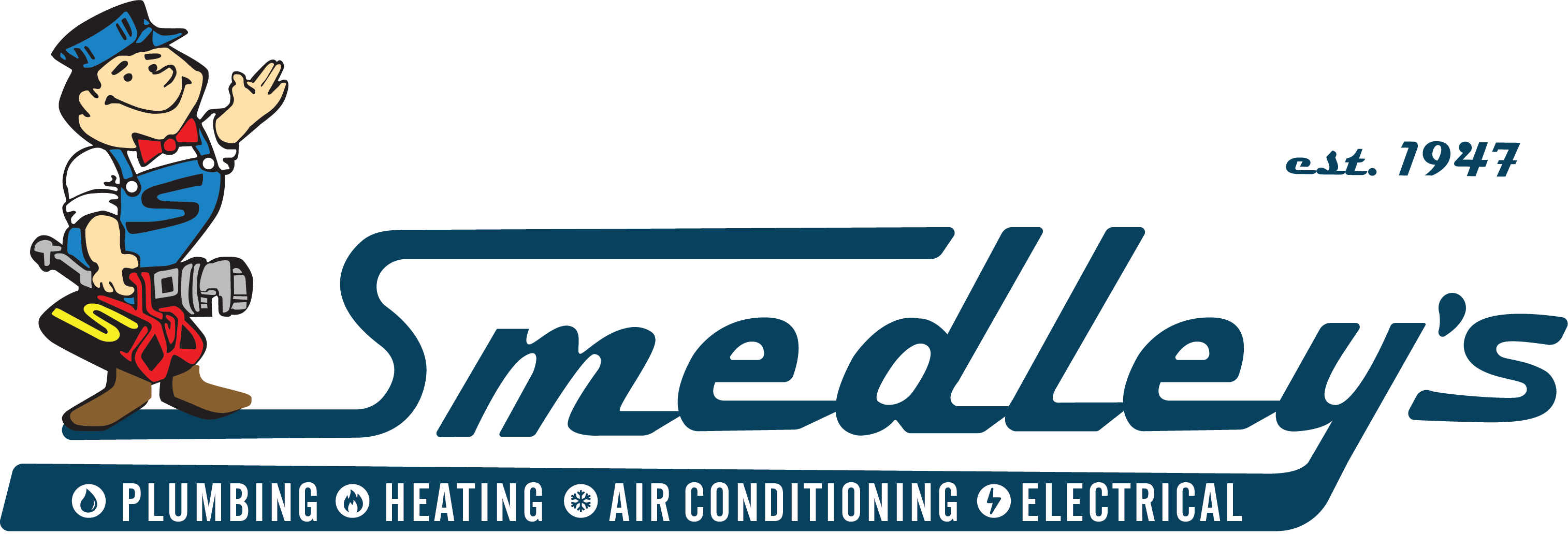
But in addition to all these cosmetic changes, you want to make sure that the environment of your living space keeps your baby healthy and comfortable. Though you may not have realized it, the air quality in your home has a big impact on your baby’s health. A little preparation can help your baby stay healthy and warm in his or her new home when you choose the right humidifier.
Not every home or every baby needs the same products, so we’ve compiled a list to help you make the right decision. Read through these seven reasons to see if your baby needs a humidifier to have a successful transition into your home environment.
You’ll know your baby needs a humidifier…
- If You Notice Your Baby’s Dry Skin
- If Your Baby Seems to Always Have a Cold
- If You Have Allergies or Sinus Problems
- If You Live in a Place with Harsh Winter Weather
- If Your Nursery Is in an Isolated Location
- If Your Baby Has Trouble Sleeping
- If You Worry About Your Baby’s Snoring
Babies come into this world with sensitive skin. When you face the harsh desert climate, you can use creams and oils to help keep your skin from drying out-but your baby doesn’t have that option. The chemicals in most beauty products can irritate sensitive skin, so to keep your baby’s skin newborn soft, invest in a humidifier.
Some modern humidifier models also provide bacteria-free mist to help with psoriasis and eczema. Ask your HVAC professionals for more information about specially-made humidifiers if you or your baby suffer from these skin conditions.
When you catch a cold, you have access to medicines that can decongest your system and relieve the pain. For babies-especially younger infants-you can’t always administer oral medicine. To make matters worse, babies can’t communicate to tell you how they feel when they cough and sniffle.
To help your baby breathe easy in the event of a cold or other infection, turn on the humidifier.
If your seasonal allergies make you sneeze year-round, you want to get a humidifier that will keep your health problems from spreading to your little one. Sinus infections and other irritating conditions find relief in a more humid climate, so use a humidifier to transform your dry home into a warm oasis safe from disease.
A humidifier will keep you as healthy as possible so you have the energy to play with your child without worrying that you put him or her at risk for catching your germs.
Experts recommend that you keep your indoor humidity above 30% year-round. But heating systems-especially in dry climates-can cause the humidity to drop below 10% inside your home. To keep your baby comfortable during the winter without sacrificing air quality, you’ll want a humidifier to make up the difference.
If your family lives in a drafty basement apartment or if your nursery is the stuffiest room in the house, a humidifier will help you maintain the air quality. Many companies offer small, portable humidifiers that will help keep your baby comfortable in his or her crib without affecting the air in the entire house.
Smaller models also use less energy and can be transported to the living room or kitchen where your baby eats or plays.
You will notice the changes in your sleep habits once you add another member to your family. In addition to the health benefits a humidifier offers to your child, the soothing hum of the machine can help you put your baby to sleep.
Some parents recommend the white noise of a humidifier to help your baby sleep more deeply, instead of causing them to wake up every time you close a door.
When you hear your baby struggling to breathe in the night, you might have concerns about their safety. Most snoring naturally results from a dry, itchy throat and is nothing to worry about. But the moisture produced by the humidifier will keep your baby’s throat clear and moist. The humidifier blows water vapor directly into the nursery’s air supply so you won’t have to fear for your child-or stay up listening to the noise.
When you purchase a humidifier, ask your local heating and cooling professionals about different features. Some humidifiers use air purifying technology to remove allergens and contaminants from the air. Others are designed to minimize environmental impact and conserve water. Whatever you prefer, make sure to maintain and clean your humidifier to avoid spreading germs.
For any home-and, any child-a humidifier can help you improve your home environment. Remember these seven suggestions when you decide whether or not to purchase a humidifier for your new baby.




